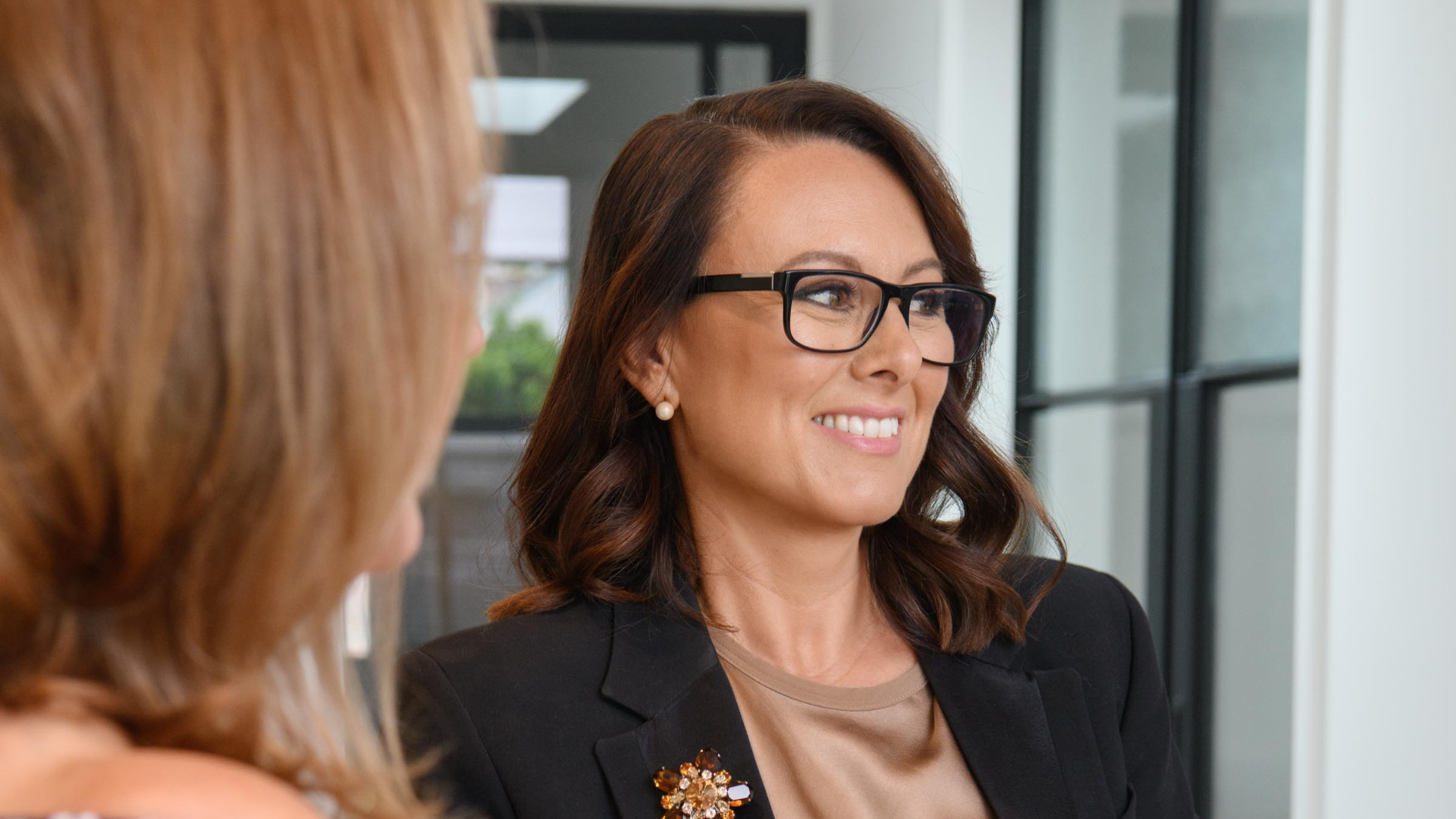For many home buyers, understanding property value can be the most difficult part of navigating the market.
With rising prices, inconsistent agent guides, and emotion-fuelled decision making, it’s easy to overpay — or walk away from a great opportunity.
In 2025, buyer's advocates are playing a key role in helping Australians buy with clarity and confidence, especially when it comes to accurate property valuations.
We spoke with experienced buyer advocates including Michael Taylor, Tonya Davidson, and Michael Sier to explore how they assess value, avoid overpaying, and use local knowledge and data to protect their clients.
Reading Between the Lines on Price
Michael Taylor of Specific Property says many buyers rely too heavily on superficial cues and don’t dig deep enough into what a property is really worth.
“What they think they want and what they actually need can be different. Or what they're thinking about in terms of the value of a property and how a property lives are completely different things.”
He points out that buyer expectations are often shaped by shortlisting properties without understanding the fundamentals.
“They might look at a floor plan and go, 'Great, it's three bedrooms, two bathrooms.' But then they don't actually consider how they want to live, or how a property actually does live, and then forget about how they want to actually furnish a property to live in properly.”
A Data-Driven Valuation Process
Tonya Davidson, Melbourne-based founder of Davidson Property Advocates, uses multiple tools to build accurate value profiles.
“We rely heavily on data to analyze the market... We use Landchecker, for example, that does the overlays and the planning and neighbouring plans, etc.
"We will also use Bluebeam, which is very much a valuer’s product, to ascertain internal sizes, so that we can compare apples with apples.”
She also uses sales history and price modelling to protect clients from overpaying or buying on emotion.
“I use the framework of CoreLogic, but I choose the comparables and drill down on all of that.”
Tonya says understanding what a buyer needs (not just wants) is essential to finding fair value.
“What do they need? What are their pain points? What's going to solve those problems?”
Local Knowledge Beats Online Estimates
Michael Sier, director at BuyerX Mornington, says market value can vary dramatically across even small distances — something that online price estimates rarely account for.
“You need to be giving a certain amount of time every day, and that involves speaking to agents, going to open for inspections, seeing what buyers are around, understanding what things are selling for, understanding the land values in different pockets of where you're searching.”
Michael emphasises that inexperienced buyers might not see the variation in price from one side of the road to the other.
“There is quite a difference sometimes from one side of the road to the other on values.”
This hyper-local knowledge helps advocates deliver fair offers that win without overbidding.
Knowing When to Walk Away
Part of a buyer’s advocate’s role is preventing clients from stretching beyond fair market value.
Michael Taylor recalls a recent example.
“They had removed fire sprinklers from a ceiling as part of their renovation and hadn't replaced them, which is a major issue because, in the event of a fire, (the insurance) is null and void.”
He advised his client to walk away, saving them from a potentially devastating outcome.
Without someone experienced to interpret these red flags, a buyer may have gone ahead.
The Price of Emotion
Tonya says buyers often get caught up in property features that don't reflect the true value of the home.
“Sometimes we have to go through a bit of a process. And every time it's a non-connect with a property, we get sharper with where we're heading.”
She uses those "non-connect" moments to refine value alignment.
“Tell me exactly what you didn't like about this property. And it always unveils additional information.”
This helps both the advocate and the buyer recalibrate their sense of what constitutes value.
Final Thoughts: Valuation as Protection
Accurate valuations aren't just about price — they're about risk, context, and fit.
Buyer advocates combine local knowledge, regulatory expertise, and real-time market analysis to ensure clients don’t overpay or settle for less.
“We know what it costs to build a property and what you can and can’t do to properties that are already established,” says Michael Sier.
In today’s market, where underquoting and emotional auctions are common, a buyer's advocate can be your best line of defence.






